Publications
Articles, publications, books, tools and multimedia features from the U.S. Institute of Peace provide the latest news, analysis, research findings, practitioner guides and reports, all related to the conflict zones and issues that are at the center of the Institute’s work to prevent and reduce violent conflict.
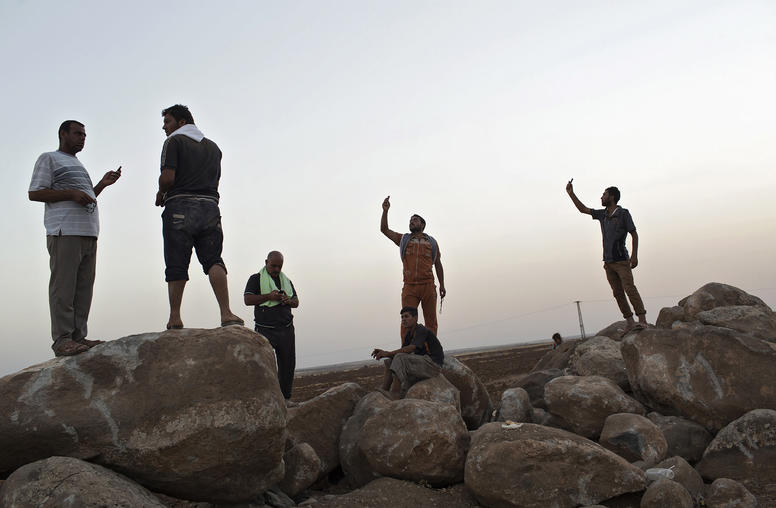
Driven from Their Homes By ISIS, Minorities Face a Long Road Back in Iraq
In 2014, Islamic State militants committed genocide against religious and ethnic minorities, particularly Yazidis and Christians, across northern Iraq. Kidnapping, rape, and murder marked this campaign of terror; thousands fled their homes. Six years later, with ISIS defeated militarily and its leader, Abu Bakar al-Baghdadi, dead following a U.S. raid, many displaced Iraqis have yet to return to their homes. The obstacles they face range from bureaucracy to a fear for their lives amid signs of an ISIS resurgence to Turkish airstrikes against groups Ankara sees as threatening its national interest.
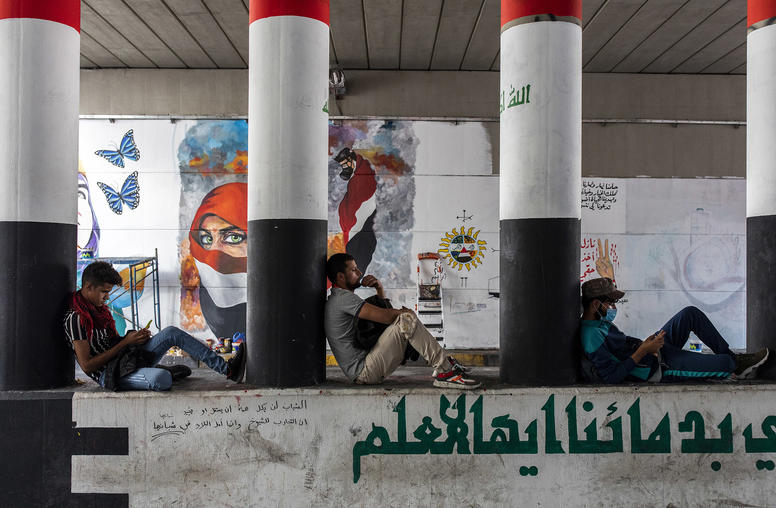
U.S.-Iraq Dialogue Opens Door To Reset Relations
Since October 2019, Iraq has been rocked by multiple crises. Protesters hit the street last fall to demand an end to corruption and foreign interference, an overhaul of the political system, and economic justice, leading to the resignation of Prime Minister Adel Abdul-Mahdi in November. Several attempts to form a new government failed until Mustafa al-Kadhimi succeeded in May. At the beginning of 2020, the U.S. airstrike that killed Iranian commander Qassem Soleimani resulted in ratcheted up tensions between Washington and Tehran that largely played out on Iraqi soil. Then the coronavirus descended up Iraq.
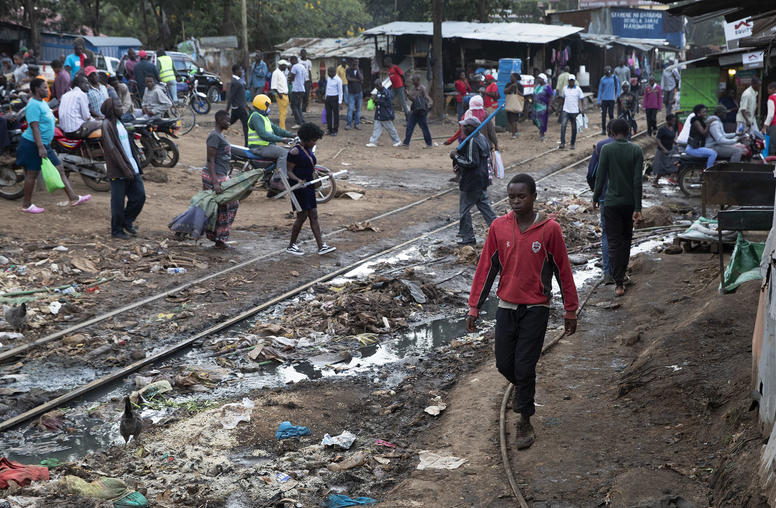
Diplomacy, Development and Defense Officials Pledge To Advance U.S. Fragility Strategy
The United States is committed to advancing the Global Fragility Act (GFA) as part of its global response to the coronavirus pandemic, senior State Department, USAID and Department of Defense officials said on Wednesday at a virtual gathering of development and peacebuilding organizations and experts convened by the U.S. Institute of Peace to facilitate discussions on how to implement the legislation.
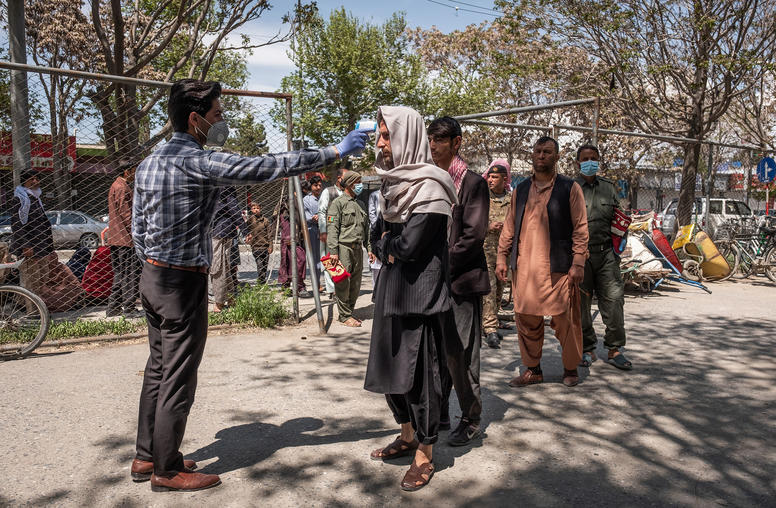
The Dangers of Coronavirus in Conflict Zones
The health and economic implications of the coronavirus pandemic threaten to reverse decades of development progress. While the international community has mobilized substantial sums of aid and financing to address the pandemic and its impacts, the scale of the crisis demands an even more ambitious response. With the virus’s peak still ahead for many countries, there remains an opportunity to rally support for international collaboration on preventive measures that could stave off the worst-case scenario while addressing underlying sources of fragility.

Tyler Beckelman on Cooperation to Combat Coronavirus
A “mixed” response from the international community is threatening a worst-case scenario for fragile states facing COVID-19. USIP’s Tyler Beckelman says countries need to recognize “the best strategy for defeating the virus is defeating it everywhere” and cooperate on aid in fragile contexts.
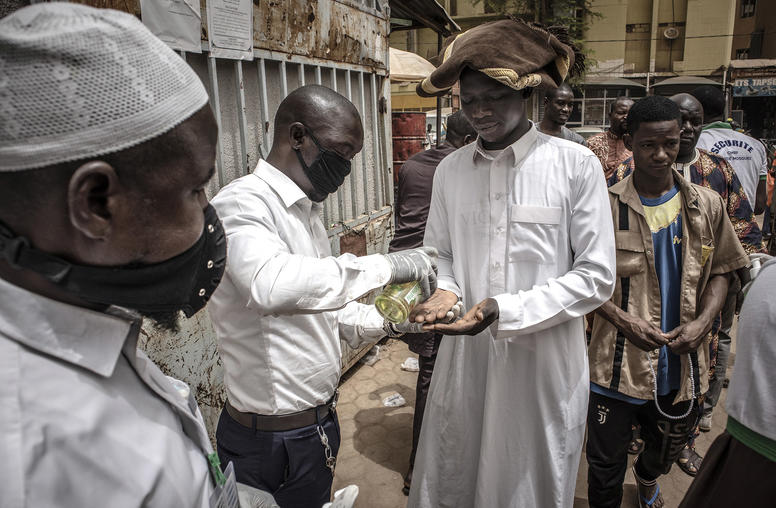
How Efforts to Address Conflict and Coronavirus Align
As the unprecedented humanitarian and economic impacts of COVID-19 begin to be felt across poor and conflict-affected states, there is a risk that policymakers will lose focus on longer-term priorities—like conflict prevention and economic development.
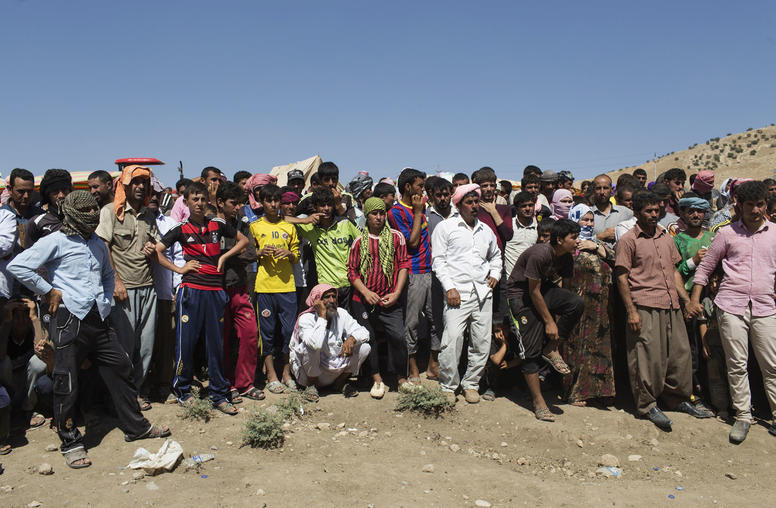
Iraq and its Minorities Face a New Challenge with Coronavirus
During the past few months I have spent working with religious minorities in Iraq, I have realized that these communities and Iraq’s anti-government protesters seek the same outcome: a democratic, safe, and pluralistic country.
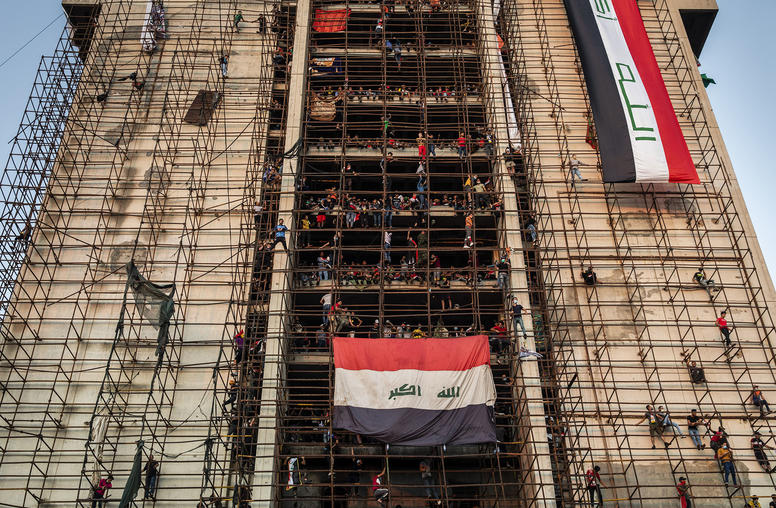
The Coronavirus Crisis Could Reshape U.S. Policy in the Middle East
Although COVID-19 has yet to hit the Middle East with full force, the pandemic’s second and third order effects could impact the region in the most profound ways. The virus threatens to exacerbate the region’s deep-seated ills—poor governance, inadequate economic growth, deep societal fissures, pervasive conflict, and displacement—and shape the Middle East’s post-pandemic landscape.
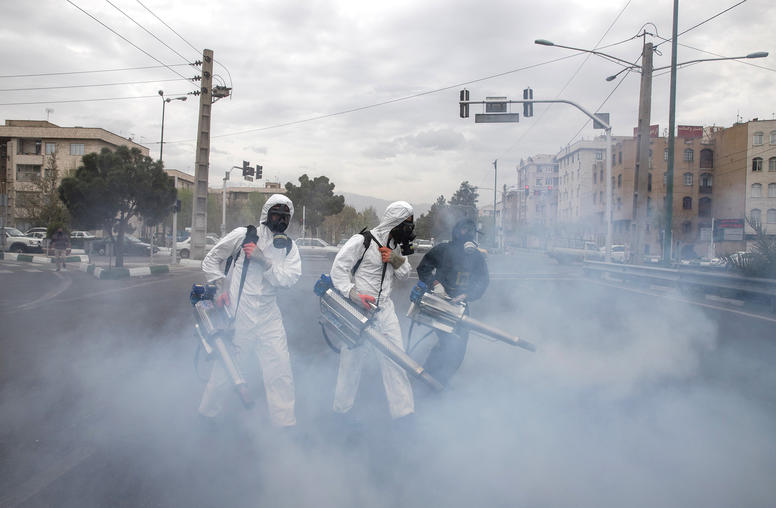
What You Need to Know about Iran’s Coronavirus Crisis
Iran’s outbreak has been the worst in the Middle East by far and there are concerns that the pandemic’s spread is significantly worse than reported by Iranian authorities. The virus hit at a particularly bad time for Iran with the economy already suffering from the impact of U.S. sanctions. USIP’s Garrett Nada discusses the debate over the number of cases, Tehran’s decision to ease containment measures, and whether the coronavirus crisis could open the door to de-escalation with the United States.
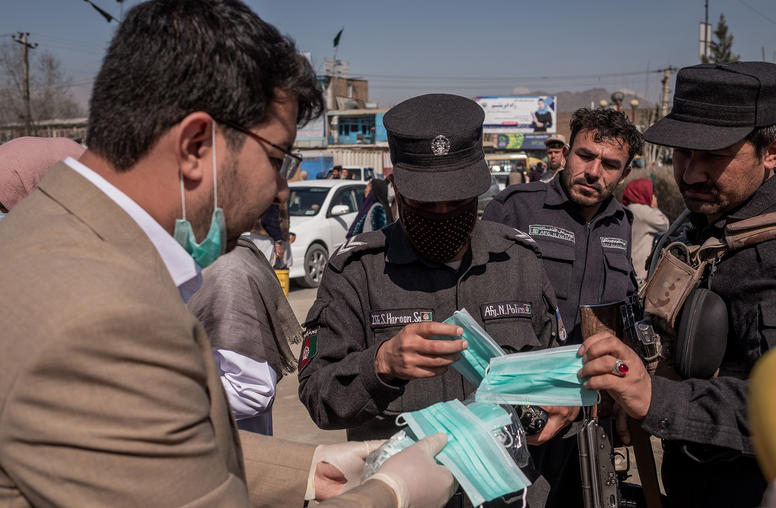
The Coronavirus is a Call To Build Resilience in Fragile States
As more developed nations have struggled desperately to contain and manage the COVID-19 pandemic, the specter of the virus rolling through the more fragile countries in the Sahel, Horn of Africa, and parts of the Middle East is a terrifying, slow-motion train wreck with the potential to trigger a devastating multidimensional-tiered health, economic, political, and security crisis. It also provides an urgent call to action to do things differently in fragile states so they can recover better.